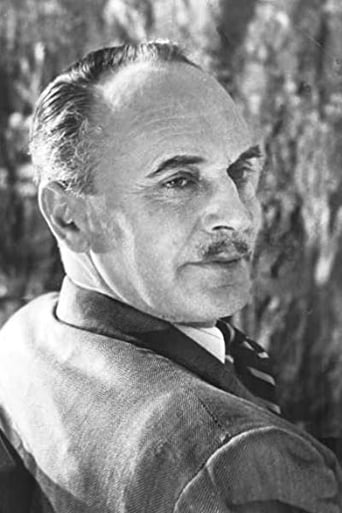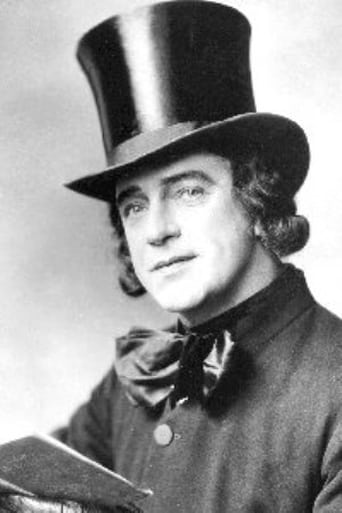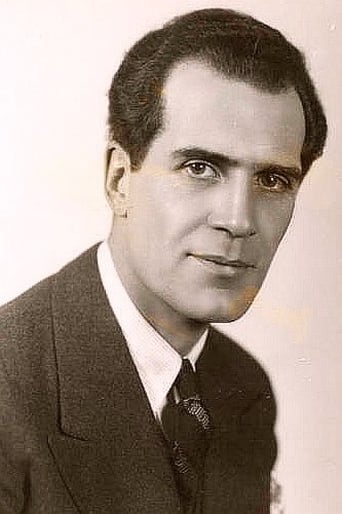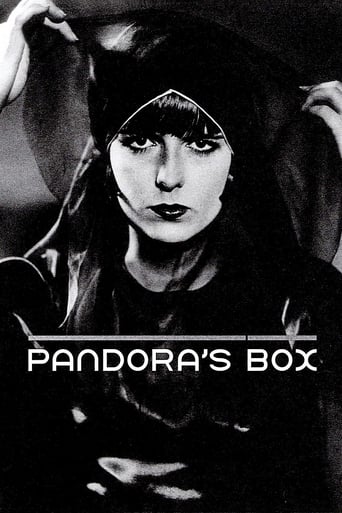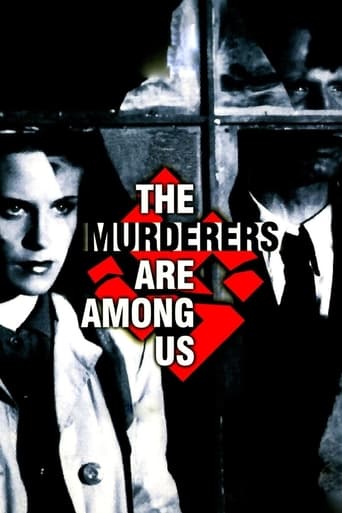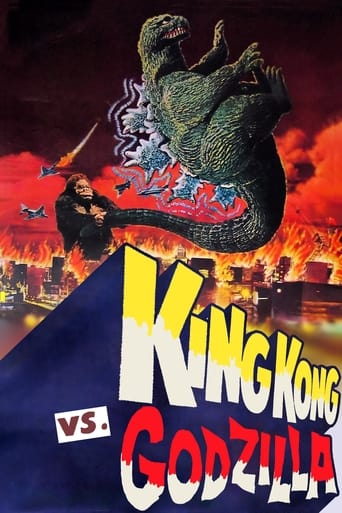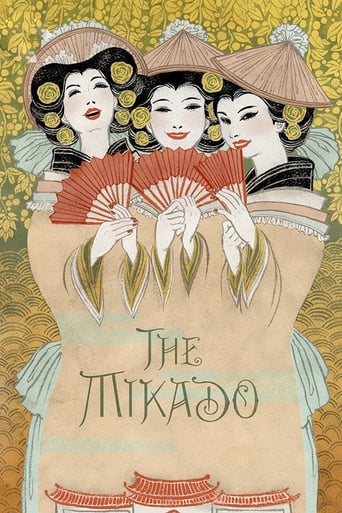
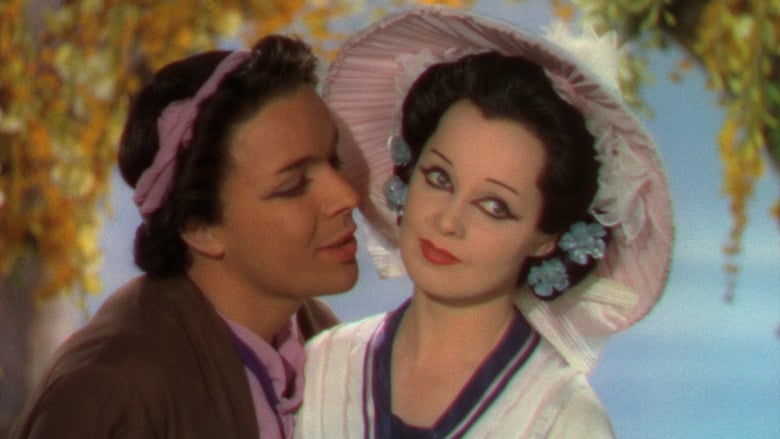
The Mikado (1939)
In a small Japanese town, Ko-Ko is appointed to the unenviable position of executioner. Knowing he must successfully perform before the appearance of the Mikado in a month's time, Ko-Ko finds a suitable victim in Nanki-Poo, who is distraught over his unrequited love for the maiden Yum-Yum. Nanki-Poo agrees to sacrifice his life if he is allowed to spend his remaining days with Yum-Yum, who is betrothed to Ko-Ko.
Watch Trailer
Cast


Similar titles
Reviews
I saw this in 1939 when it was first released ( I was 8 years old ). What I remember most vividly was the fact that the audience was told that if they loudly applauded any number then they would replay it there and then, i.e. give an encore, and they did. I've never seen that done in any cinema before nor did I ever see it done again. The production is much better than I could remember or that I had heard about it since. The transfer to DVD has been done very well indeed. It is a pity about the cuts but even so the production is a delight with excellent diction and the 'cut glass' accents of the pretty maids is splendid.With regard to the cuts: the biggest loss is Katisha's "Hearts do not break" and Katisha's duet with Koko " if that is so let's merrily marry". Yumyum's " The sun whose ray's" is truncated in that the second verse about the moon is omitted, however the Mikado's " I've got a little list " is there and his laugh is terrific, worthy of Boris Karloff. What did surprise me was that Nankipoo's song " A wandering minstrel I " had an unexpected resonance when combined with the date 1939, it gave his patriotic ballad section a shiver up my spine and brought back memories I would rather not have brought back.Anyway Ken Baker's singing was excellent and as I said the whole thing was beautifully done. I run an opera group and am going to suggest that we show this one evening and try to re-create the encores.
I REALLY wish I could give this production 4½ stars. I find that I didn't really like it -- but I didn't really DISlike it, either.At the start, I was SURE that this movie had been "colorized". I checked the date, I checked my screen, I checked the date, I checked my screen. Then I restarted the opening credits and saw it was, indeed, filmed in color -- in 1939.Yes, they cut "I Have a Little List" and a couple of other favorites. And, yes, they chopped quite a lot out of "My Object All Sublime" -- among others. And yes, they switched the order of some them.However, I think today's audiences would prefer the emended "Little List" and "Sublime" to Gilbert & Sullivan's original lyrics. I think this version was filmed BEFORE the "official" amendments to those songs -- to eliminate the N-word.I agree with the reviewer who said that this production is better seen as a visual record of the D'Oyly Carte Opera Company than as excellence in transferring a stage production to film. Now I'm off to find another version to watch. 2011/09/28.
This film romps through the Mikado in less than 90 minutes. Numbers are omitted or performed out of sequence. Most remaining numbers get only one verse. It ought to be a disaster but it is, in fact, highly enjoyable. The American lead Kenny Baker, as Nanki-Poo, and Jean Colin, as Yum-Yum both, strangely, sound as though they inhaled from a helium balloon before they started to sing. The rest of the parts are taken by D'Oyly Carte dependables. This was all beautifully shot at Pinewood Studios with excellent costumes and sets. I could not tell if the singing was lip-synched so, if it was, it was done very well. Maybe this film even predates the introduction of lip-synching.
With the exception of American radio tenor Kenny Baker, the members of the D'Oyly Carte Opera Company are the cast of this filmed production of the Mikado. It was the first technicolor film done in the United Kingdom although in that same year, much better use of color was made in The Four Feathers.A lot of history has passed since The Mikado made its debut in the 1880s. At that time Japan was considered the most exotic place on earth and with good reason. In 1853, the American expedition under Commodore Matthew Perry forcibly opened Japan to the world. Up to that time they had almost completely isolated themselves from the west for over 200 years. Westerners who found there way there, never returned. Only the Dutch had extremely limited trading facilities in Japan for years.When they did open up, the curiosity of the west was unbounded on both sides of the Atlantic pond. In time the British would sign a treaty of alliance to protect each other's Far East interests. When that treaty was not renewed in 1923 it eventually set the two powers on a course for war.But in the 1880s Great Britain was fascinated by things Japanese and Gilbert&Sullivan scored a big old satirical hit with The Mikado. If the music and manners of the cast sound British it's because from the safety of a land during the Middle Ages, the battling partners could get a few barbs in about British society and politics from a very firm safety net. The way Pooh-Bah collects offices and honors with the accompanying salaries was very much in line with the way the British courts over the years rewarded service rendered.Starring in the role of Nanki-Poo the Mikado's son who has run away because he doesn't want to marry some old harpy dad's picked out for him is American radio singer Kenny Baker. He did several films, most notably the Goldwyn Follies where George Gershwin's last song hit during his lifetime, Love Walked In, became permanently identified with him. Baker was a regular on Jack Benny's radio program, later replaced by Dennis Day. Later on Baker scored a big hit on Broadway with Mary Martin in One Touch Of Venus. No doubt for reasons of export the British producers chose Baker to have some recognizable name away from the D'Oyly Carte regular company who no one on this side of the pond would have known. Baker's light pleasing tenor does justice to the Gilbert&Sullivan patter.The film does lack production values though, it's a photographed performance of the opera. I would have liked to have seen better and outdoor sets possibly, but this is a never-neverland kind of Japan.The Mikado got an Oscar nomination for color cinematography, but was just another casualty to the Gone With The Wind juggernaut of 1939. Still it's an interesting film and Gilbert&Sullivan fans who just care about the music should be pleased.


